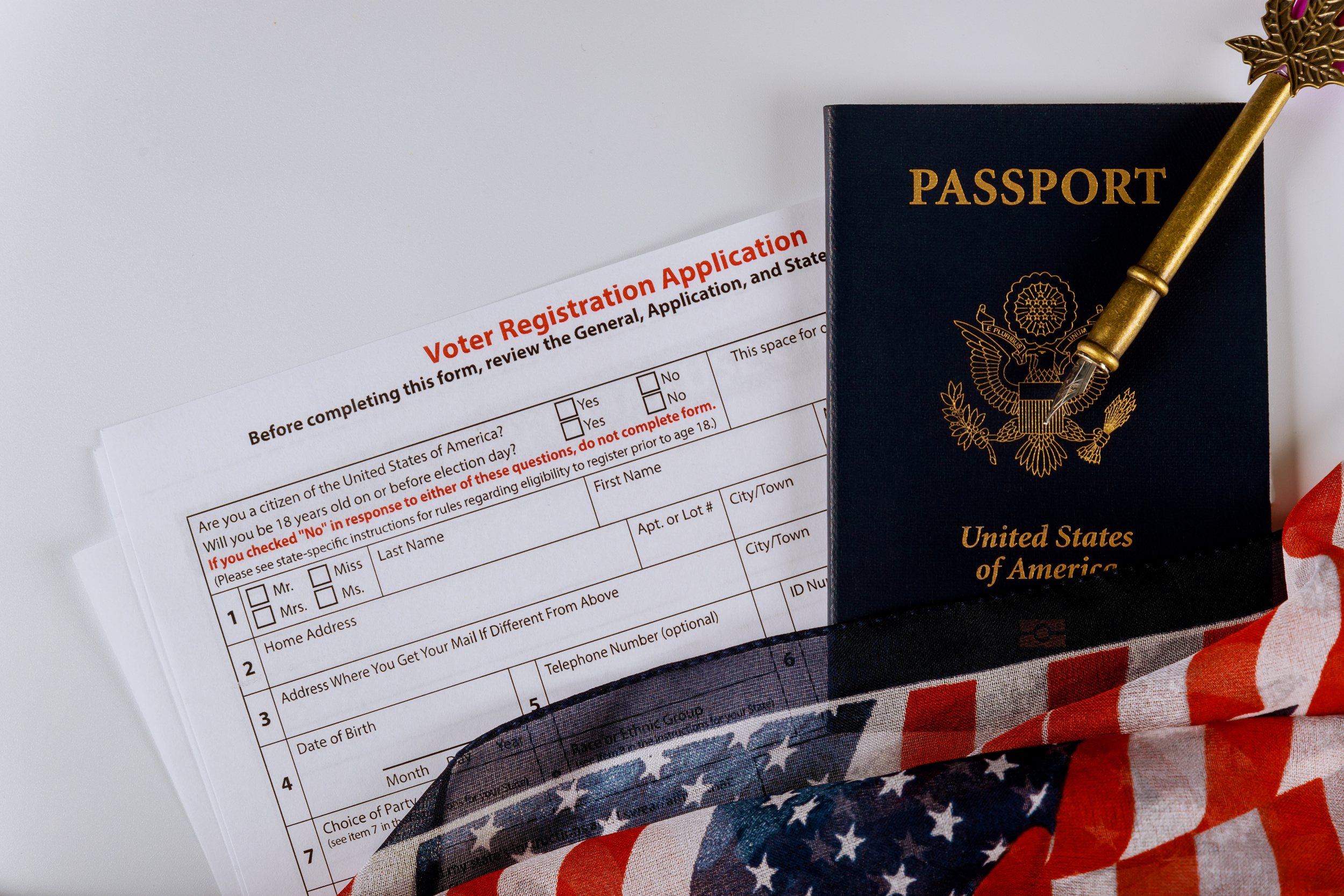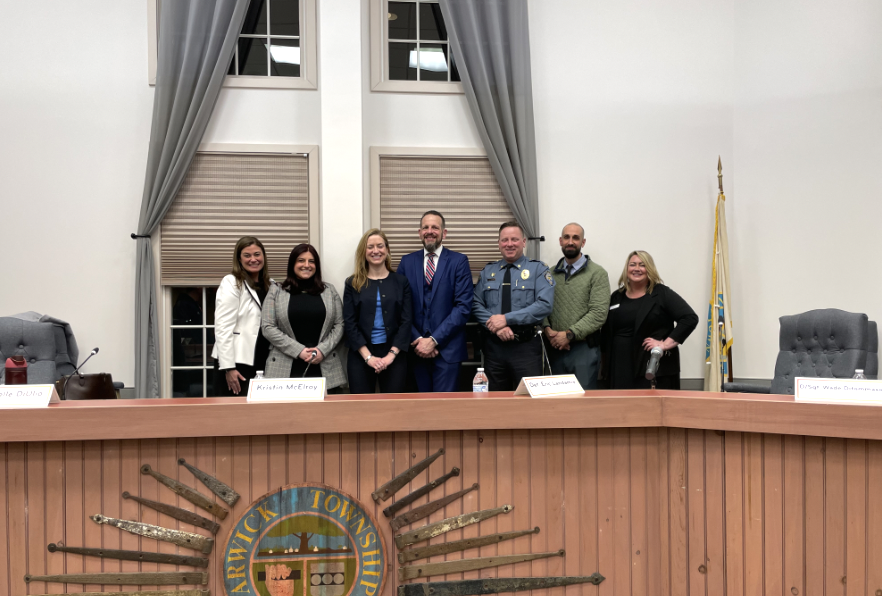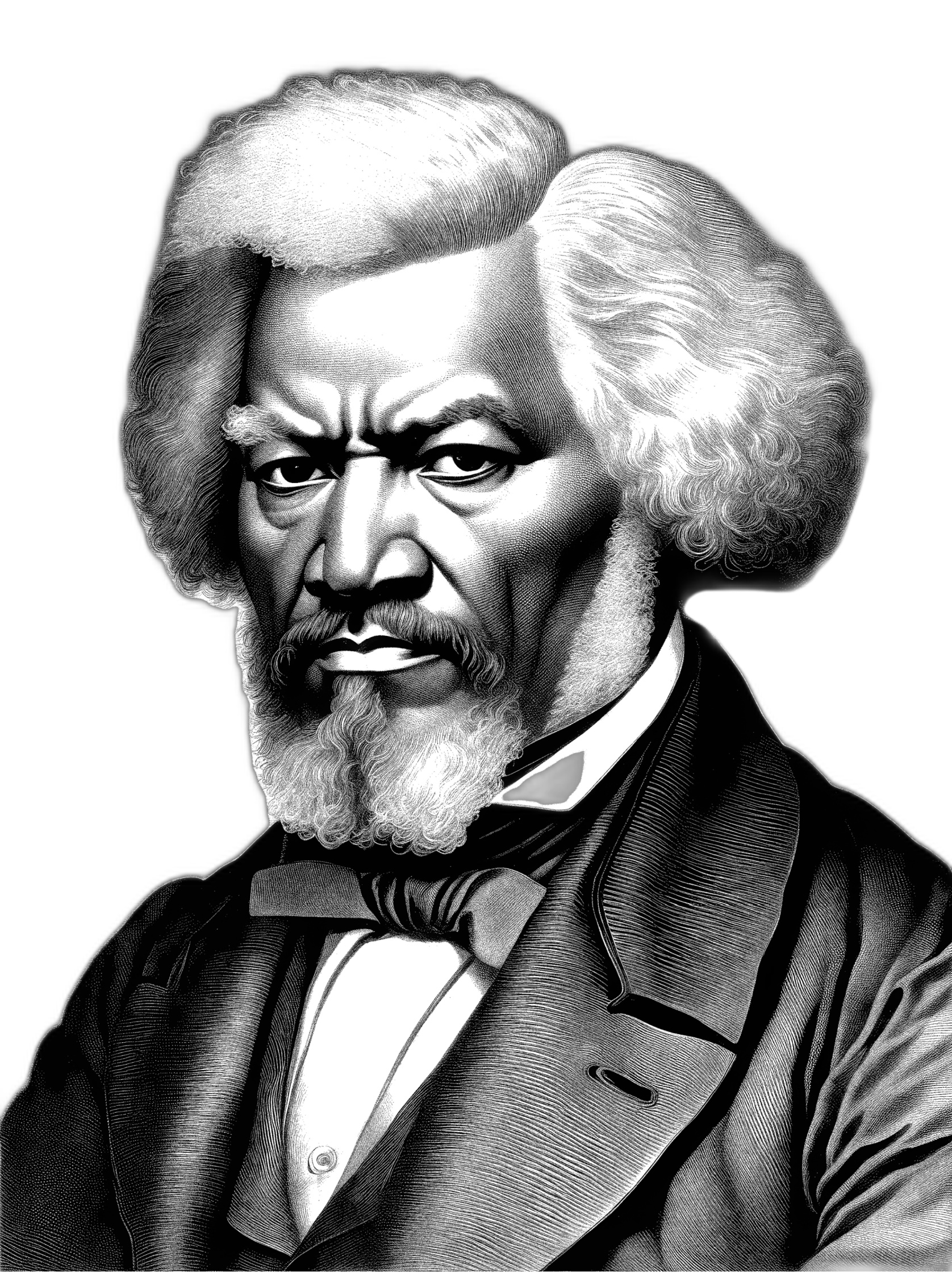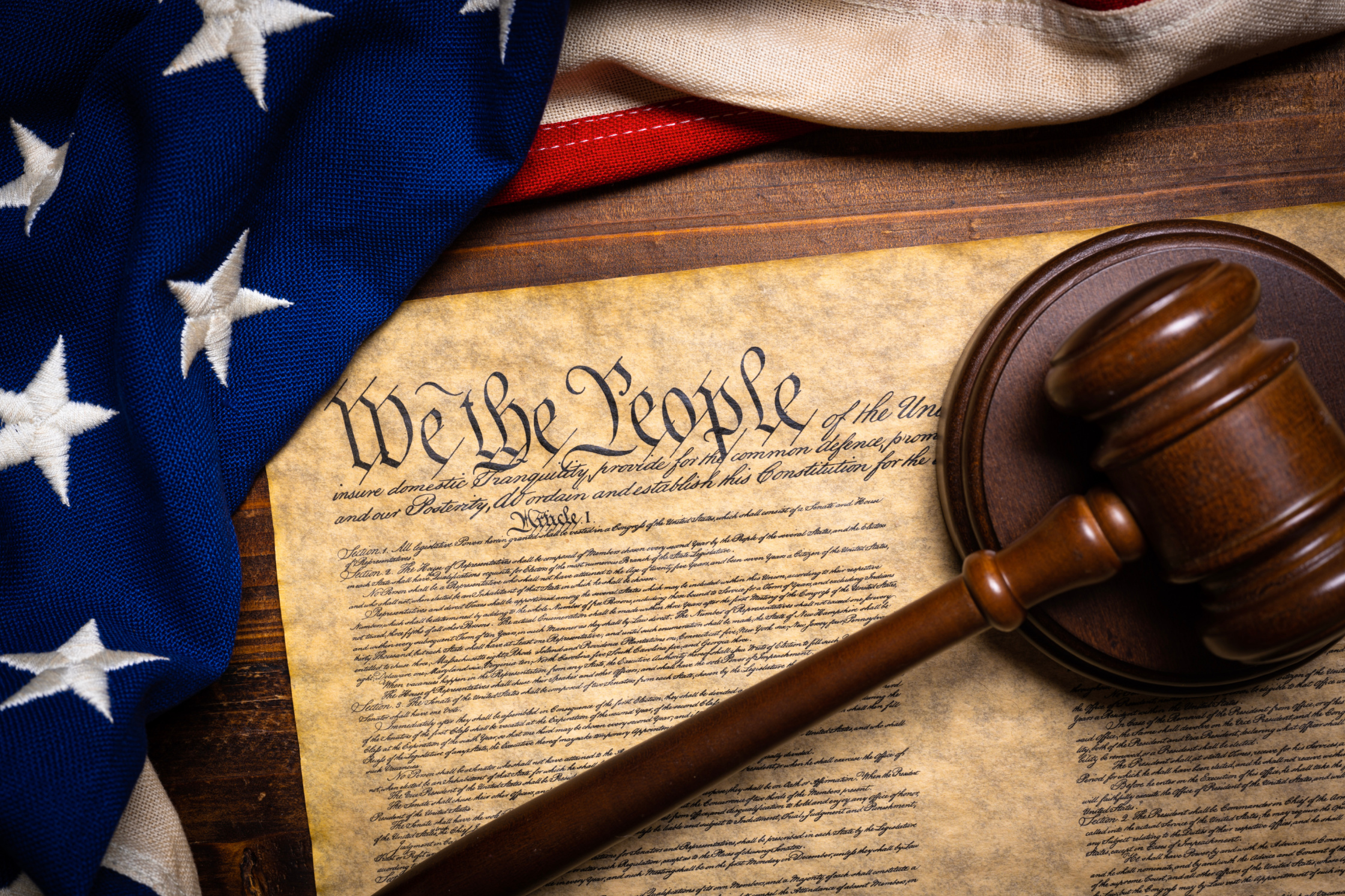Wisconsin Pushes Constitutional Amendment to Cement Voter ID Requirements for 2025 Ballot

Assembly Republicans in Wisconsin are making a push to cement voter identification requirements into the state’s Constitution. The proposal, which has been officially introduced in the 2025 legislative session, seeks to ensure that photo ID is required when voting in future elections. House Majority Leader Rep. Tyler August, one of the key proponents, aims to have the question appear on the statewide ballot in April 2025.
“Election integrity is one of our top priorities,” August said. “Voter ID has been a foundational law to ensure fair elections and protect against fraud, and I’m confident that voters will overwhelmingly approve the amendment in April.”
Voter ID laws have been in effect in Wisconsin for nearly a decade without significant issues, according to August. While critics argue that the law may disproportionately affect certain groups, the Republican lawmakers emphasize that the law has not negatively impacted voter turnout. In fact, the state’s voter turnout in recent elections, including the 2024 presidential election, has remained robust — 72.6% in 2024, compared to 70.14% in 2012, before the law was enacted.
The proposed amendment is the second consideration of the issue, following the first introduction of the legislation in 2021. For a constitutional amendment to pass, it must be approved by two consecutive legislatures before moving to voters for a statewide ballot. This measure has already passed in the current legislative session and is on track for a vote in 2025.
Representative August emphasized that the goal of the amendment is to ensure that voter ID laws are protected from potential legal challenges in the future. “Voter ID has been law in Wisconsin for nearly a decade, and it’s worked without major issues,” he said. “By putting it in the Constitution, we can safeguard the law from activist courts that might try to block it.”
According to August, the rise of “activist courts” that “legislate from the bench” is a major motivating factor behind this proposal. “It is extremely disappointing to see judges imposing their own political views, and this amendment will protect the will of the people and the common-sense law that voter ID represents.”
Critics of voter ID requirements argue that the law may disproportionately affect marginalized groups who struggle to obtain photo IDs. However, proponents argue that there are mechanisms in place to ensure access to IDs, with 11,800 IDs issued in Wisconsin over the past decade. These procedures have been effectively implemented with little to no issues, they say.
“Opponents of the amendment claim that requiring ID suppresses voter turnout, but that’s simply not true,” August countered. “In fact, voter turnout has remained steady and strong in Wisconsin despite the law.”
The proposed amendment also has the backing of national polls, including a Gallup survey showing that over 80% of Americans support voter ID requirements. With voter ID laws already in place in Wisconsin and many other states, the proposed amendment seeks to solidify the practice as a permanent safeguard for elections.
If the constitutional amendment passes through the legislative process and is approved by voters, it will make Wisconsin one of the latest states to enshrine voter ID laws in its Constitution. Other states, including Alabama and Indiana, have already taken similar steps to ensure that voter ID laws are protected from future legal challenges.
Governor Tony Evers’ approval is not required for the amendment to move forward, as constitutional amendments in Wisconsin are placed directly on the ballot following approval in two consecutive legislative sessions.
Opponents of the amendment have raised concerns about voter disenfranchisement, but supporters argue that these concerns are overstated, citing the success of voter ID laws over the past decade and the mechanisms already in place to help those who may face challenges obtaining identification.
“We are confident that this amendment will pass and solidify the integrity of Wisconsin’s elections for years to come,” August concluded.
Voters will have the final say in April 2025, when the proposed constitutional amendment will appear on the statewide ballot for approval.
RECENT










BE THE FIRST TO KNOW

More Content By
Think American News Staff












